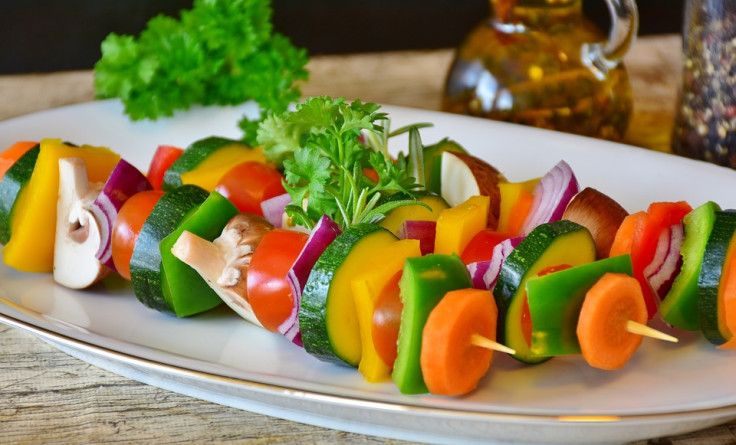Fans of a vegan diet are at a higher risk for bone fracture, study says
Pescatarians, or those who eat only fish but not meat, are also facing a higher risk.
The old saying you can't have the best of both worlds might be true for those who are on a vegan diet. While it has been shown that such a diet is considered heart-healthy, the one that pays the price may be the bones.
A study titled, "Vegetarian and vegan diets and risks of total and site-specific fractures" published in the journal BMC Medicine revealed that non-meat eaters, especially those who thrive on a vegan diet, are at a higher risk of either total or a number of site-specific fractures. One of the sites highlighted by the researchers were the hips.
The researchers found that it was not only vegans who were at risk but also pescatarians. Vegans are those who do not eat fish, meat, eggs, or dairy. Pescatarians are those who eat only fish but not meat. Those who eat only dairy and/or eggs but not fish nor meat also showed a higher risk of suffering from a bone fracture.
Researchers derived their conclusions from approximately 55,000 Britons who were enrolled in the European Prospective Investigation Into Cancer and Nutrition (EPIC) study in the year 1993 to 2001. Researchers tracked the diet and fracture risk of the participants enrolled in the EPIC-Oxford study.
Tammy Tong, lead author of the study and a nutritional epidemiologist at the University of Oxford, stated that they analysed data that was collected over a span of 18 years on the average and they found that vegans, vegetarians and pescatarians exhibited a higher risk of suffering from hip fractures compared to meat eaters.
For vegans, the risk was 2.3 times higher as compared to those who ate meat. In addition, they also had higher risk of having fractures on any part of their body, including the legs and vertebrae, compared to meat-eaters.
The researchers noted that the risk dropped when BMI was taken into account. They also underscored that vegans, vegetarians, and pescatarians had lower BMI as compared to meat eaters. A higher BMI means that one will have better cushioning when he falls. Non-meat eaters were also observed to have lower calcium and protein intake, both of which were important for healthy bones.
© Copyright IBTimes 2025. All rights reserved.






















